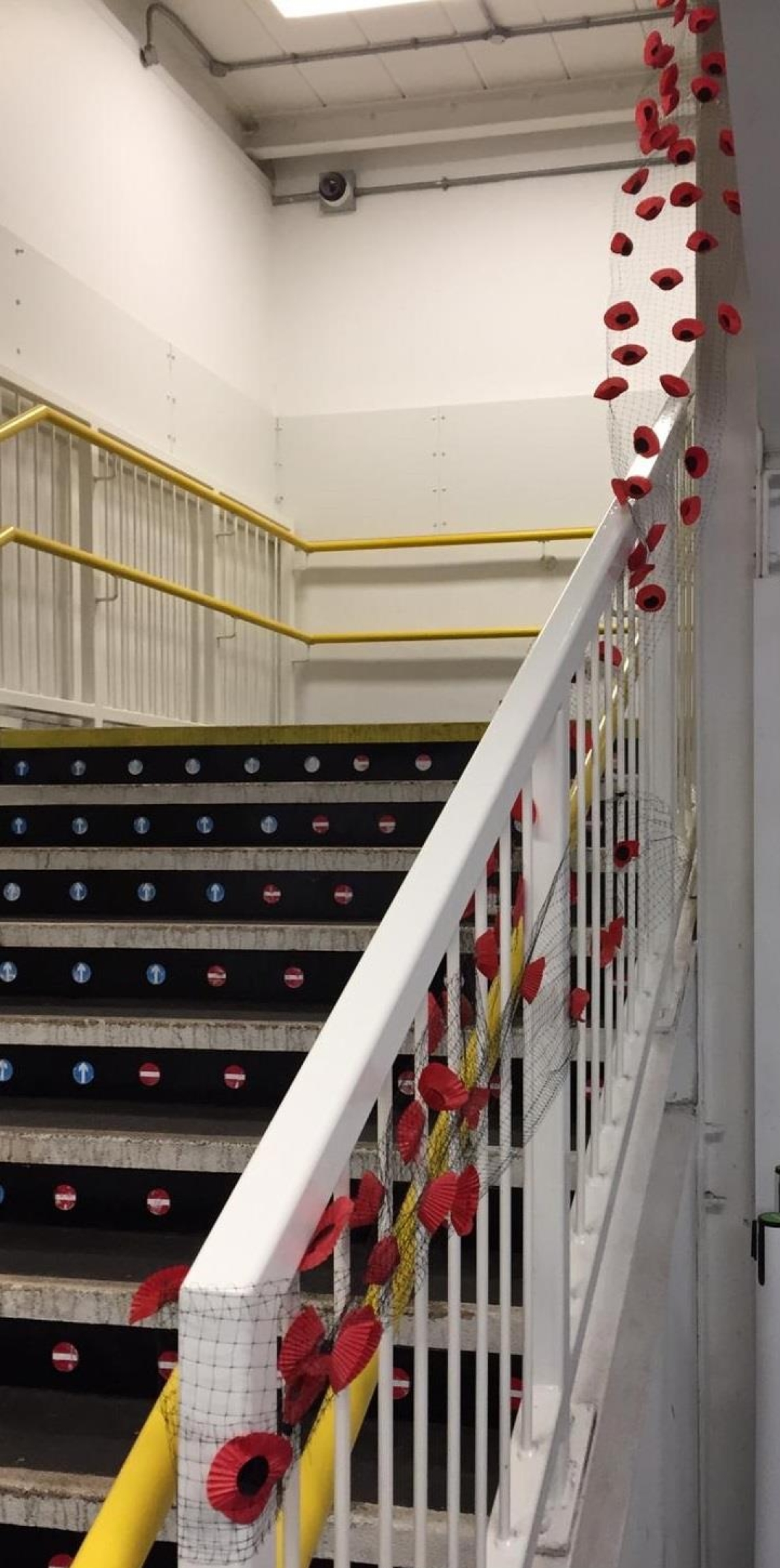Published on: Tuesday, 6 November 2018
Last updated: Tuesday, 6 November 2018
With thousands flocking to the Tower of London’s ‘Beyond the Deepening Shadow’ armistice event over the next few days, travellers are being advised to use public transport as the quickest and most convenient way of getting to and from the event.
The torch lit ceremony - which sees the Tower’s dry moat lit with 10,000 flames – is repeated every night until 11 November and Greater Anglia is advising people to book train tickets in advance in order to get the best fares at greareranglia.co.uk
Greater Anglia will also offer serving military personnel attending Remembrance services, including the Cenotaph service in London on Sunday 11 November, the freedom of the network.
Free travel is valid either in uniform or on production of a current Ministry of Defence issued identity card, with their branch of the military stated (British Army, Royal Air Force or Royal Navy).
British Legion collections will also take place at rail stations across the network.
Jamie Burles, Greater Anglia's Managing Director said: "We're pleased to show our support for all those who serve or have served in the forces with free travel on Remembrance Sunday. To everyone who serves, or has served, the rail industry salutes you.”
Greater Anglia staff will lay wreaths at rail station war memorials at London Liverpool Street and Shenfield this week.
In a ceremony lead by Railway Chaplain, Michele Ashton, at London Liverpool Street station’s War Memorial on 9 November, Greater Anglia Manager, Wane Brockett, will give a reading to honour and remember those who have suffered or died in war, in particular in service to the railway.
The railway, and its workers, played a crucial role in World War I. When Britain declared war on Germany, it was trains that enabled efficient movement of the British forces, and equipment, between France and the Home Front.
The trains transported troops, rations, coal, water and artillery across Britain and across Europe in a way never previously seen.
Over 100,000 UK railway workers enlisted when war first broke out. By the end of the war, 20,000 had tragically lost their lives. They are remembered in memorials across the country, with many situated at railway stations.



